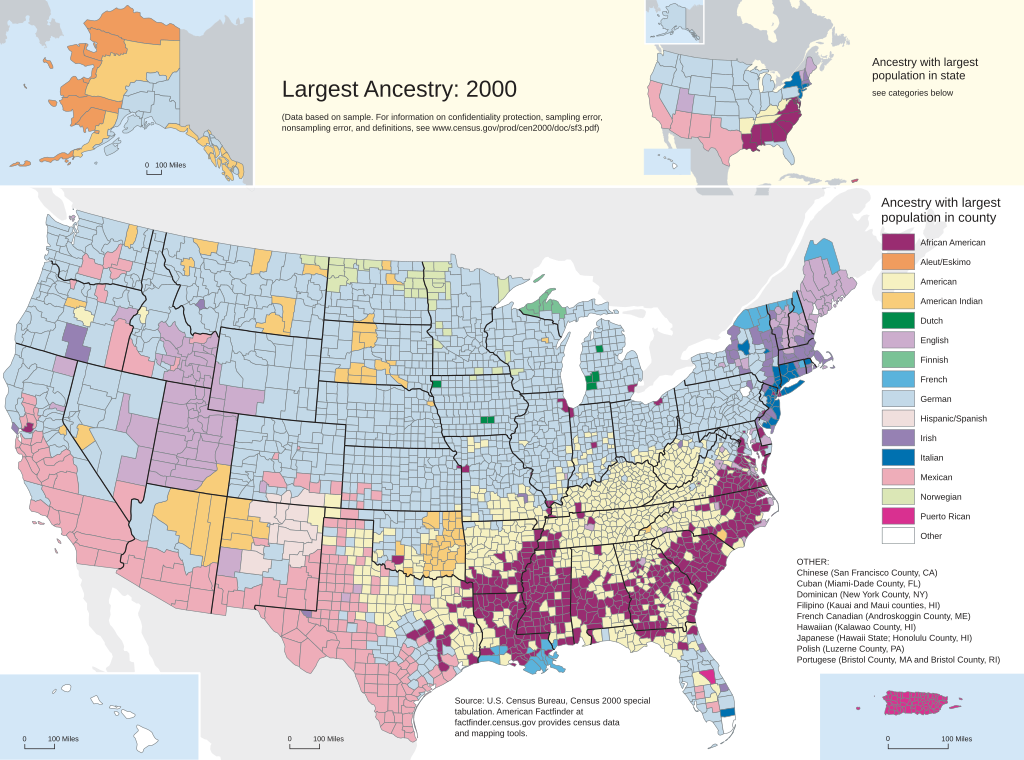You are using an out of date browser. It may not display this or other websites correctly.
You should upgrade or use an alternative browser.
You should upgrade or use an alternative browser.
Non English speaking America
- Thread starter Orry
- Start date
Was there ever very signifant immigrantion from UK to USA after 1800? I have imaginated that people mostly came from Ireland and Germany. But even then English is probably still lingua franca of USA.
Yes, there were over 3 million immigrants from Great Britain arriving between 1820 and 1899 in the U.S. only Germany with 5 million and Ireland with 3.8 million sent more. Keep in mind that during the 1820-1899 period there were also 1 million immigrants from Canada, around half of them were English-speaking.
Though English speakers were a minority of the 18 million immigrants who arrived between 1820 and 1899, the foreign born population of the U.S. grew from 9.7% in 1850 to peak of 14.8% in 1890. Until the 1880s immigrants tended to be overwhelmingly from Germany, Ireland and Great Britain. The large numbers of non-English speaking immigrants from Eastern and Southern Europe would not arrive in large numbers until the 1880s, peaking in 1913.
wasn't the language vote a narrow one?
with only 1 vote away from being german or dutch? (the sources i saw were inconclusive so not sure which of the 2 it was)
and even today german is biggest ancestry in the us
https://upload.wikimedia.org/wikipedia/commons/thumb/a/a7/Census-2000-Data-Top-US-Ancestries-by-County.svg/1024px-Census-2000-Data-Top-US-Ancestries-by-County.svg.png[IMG][/QUOTE]
German? Possibly. Dutch? No(oit). Maybe if the New Netherlands stayed Dutch and joined the USA later on it be a recognized minority language.
It wasn´t a vote to choose the first language, it was to choose if the goverment should use documentation in German for the immigrants from Germany. It would have made German more important but not the first language.wasn't the language vote a narrow one?
with only 1 vote away from being german or dutch? (the sources i saw were inconclusive so not sure which of the 2 it was)
and even today german is biggest ancestry in the us
I always find the idea of adopting German as a language a bit silly considering only 7% of the U.S. population was of German ancestry in 1790, and most of the majority of these concentrated in Pennsylvania. In New England for instance over 90% of the population was of English ancestry. The total of the U.S. was:
English 47.5%
African 19%
Scotch-Irish 8%
German 7%
Irish 5%
Scottish 4%
Welsh 3%
Dutch 2.5%
French 2%
Native American 1%
Other 1%
English 47.5%
African 19%
Scotch-Irish 8%
German 7%
Irish 5%
Scottish 4%
Welsh 3%
Dutch 2.5%
French 2%
Native American 1%
Other 1%
A common myth. Heck, even read it in Hitler's Table Talks. Wasn't that vote partially about them deciding to stop talking about it though? And as mentioned by another, it would not have affected what people were taught at all.wasn't the language vote a narrow one?
with only 1 vote away from being german or dutch? (the sources i saw were inconclusive so not sure which of the 2 it was)
If the vote ended in favor of German being used by the government for some documents, German as language would gain a strong presence as a second language of the country, spoken in a lot places and learnt as second language in some schools, more than it was OTL before WW1. Being the first is ASB though.A common myth. Heck, even read it in Hitler's Table Talks. Wasn't that vote partially about them deciding to stop talking about it though? And as mentioned by another, it would not have affected what people were taught at all.
Last edited:
If emigration from the British Isles after 1800 did not go to America with possibly increased immigration from Central Europe and Russia how might the use of language develop in the growing USA???
But the point is that the original 13 colonies that formed the first US were all solidly English speaking. So all immigrants arriving past 1800 would land in a country that already had a predominant language and although they would retain their own tongue in their own circles, they would learn and use English for all dealings with outsiders and official state instances.
Adding to this, many of the European countries themselves barely used their official language for anything else then official documents and trans-regional publications. Many regions using their own dialect with often significant differences from the state language. So an immigrant from Sicily would speak Sicilian and feel no different to using English then to using mainland Italian. In fact many of the settlers, in particular the Germans emigrated because post 1815 their states started to exert too much influence on their native region, the replacement of the regional tongue with government language (in Germany Hochdeutsch-High German) often being the most prominent sign of this.
To say it bluntly: Once the declaration of independence was written in English, this was to be the language of the new nation. To change this, you would need a POD before 1776.
That being said, I can easily imagine a USA where the great English-only drives of 1917 and 1942 did not happen and several regions retained their own languages, be it German, Spanish or Cherokee, for daily use. Just as well, I could see a push towards an American English language that openly encourages backfeed from the native dialects instead of purging every idiom that isn't sanctioned in the King James Bible. I mean, US English already has the word 'okay', which depending on the source is either French or native American. There are several instances where words of the local language would fit much better then English, so may be in a different universe, US English would regularly use 'tambien' instead of 'me too' or 'jawohl' for a more expressive form of 'yes'.
Share:
